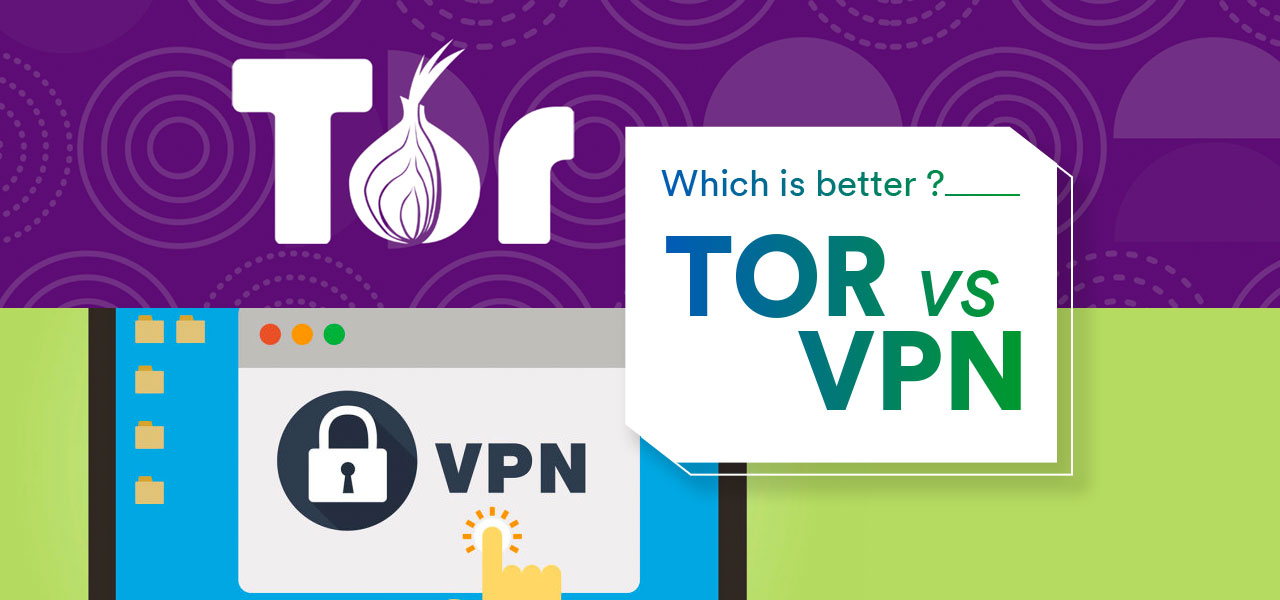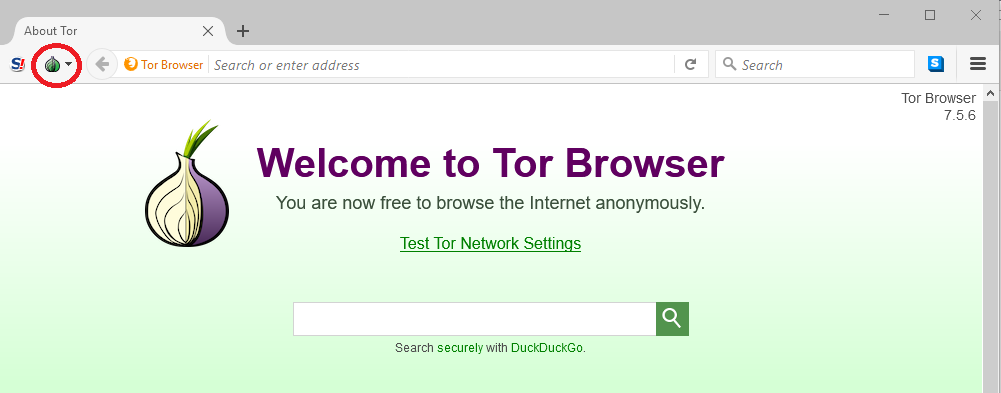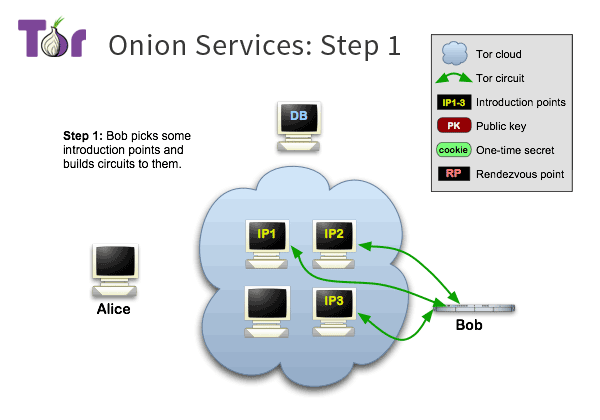
If you’re familiar with Tor and VPN, you know that they are both used in safeguarding your privacy and keep your data secure while using the internet. However, they don’t function the same way and it’s important to know which one will work better for your situation. To know the advantages and disadvantages of Tor vs VPN, continue reading this article. Or if you want to know more about Tor, check out our article on the basics of Tor.
What is Tor and how does it work?
Before we break down the pros and cons of Tor and VPN, we have to discuss what Tor is and how it protects you from spying and monitoring.
Tor is short for The Onion Router, the original project name of the browser. It’s called an onion router because the data is bounced through multiple layers of virtual tunnels before connecting to its final destination. This technique is very effective when it comes to evading websites from monitoring your activities and accessing censored sites that are otherwise banned by your country (geo-restricted).

Using Tor will also help you avoid traffic analysis. This means that your identity and location will be collected by monitoring your data and the websites you visit. Your private messages with your friends, families, and colleagues can also be intercepted and decrypted. And all of these can happen without you knowing it.
Tor browser works like this: whenever you search for something using it, the browser contacts a random server (called a node, operated by volunteers). That node will pass the request that you made to another node, then to another, and so on. It will pass through several nodes before reaching its final destination. Once the information that you need is available, it will then “hop” back to you in the same process.

Courtesy of the Tor Project
You can download the Tor browser on their website. It’s free and easy to install, and we did a tutorial on how to set it up on your PC.
- Operated by plenty of volunteers and it’s not company-owned, so the government will have a difficult time shutting it down.
- Allows you to access geo-restricted content.
- Hides your real IP address and location.
- Free to download and easy to install.
- Without an HTTPS connection, your data will be exposed to the exit node (the last node that handles your data).
- Slower compared to a VPN because your data will be relayed to multiple servers with different bandwidths.
- Downloading files that could put you at risk because it doesn’t protect you from malicious programs that could be hidden in them.
What is VPN and how it works
Instead of hopping to different layers to evade monitoring, a VPN works differently. It assigns you a dynamic IP address that it borrows from a VPN server. Then it encrypts the connection between that server and your computer. So if someone tries to look up your IP and try to locate you, what they will see is a different IP, and it changes every session.
A VPN is much more secure than a proxy server because it encrypts your data and some providers do not keep logs of your activities. Because you can borrow any IP address from any location in the world, you can access content that is accessible to that country, including those that are blocked by yours.
- 100% uptime guaranteed because VPN companies are responsible for running and maintaining the network, especially paid ones.
- Allows you to access geo-restricted content.
- Protects all the internet connections in your computer including your downloads, not just your browsing.
- Faster than Tor since the data will be going directly to only one VPN server.
- Free VPN services – but beware with these.
- Some VPN services log your usage. It’s important to look for a VPN that doesn’t do this.
Tor vs VPN: which should you use?
As you can see, both Tor and VPN have similarities, such as hiding your real IP address and accessing geo-restricted content. The great thing about Tor is that it offers complete online anonymity. It’s the perfect security tool for individuals who take part in discussing socially sensitive activities, such as politics, abuse, and the like.
The downside of Tor is that it’s much slower than VPN due to the IP layering, so it’s not a good option if you want to do heavy-bandwidth activities such as streaming and filesharing. Also, it only protects you while you are browsing, so if you download apps or files that could contain harmful programs, it won’t be able to block it.
A VPN, on the other hand, is extremely secure because all of your activities involving the internet is protected. Aside from allowing you to access geo-restricted content masking your IP, it’s also faster and much more flexible.
The best of both world: Using VPN with Tor
It’s possible to use VPN with Tor, and the great news is there are VPN service providers that offer VPN Tor feature. However, take note that you will be combining both technologies, so yes, it will be extremely secure but also extremely slow.
Nevertheless, if you want maximum security and anonymity, plus if your internet connection can take it, using a VPN Tor will keep you safe online.
The VPN services that we like the most when using a VPN with Tor are:
The case for ExpressVPN
ExpressVPN‘s security features are very robust and sophisticated, and they are also very consumer-oriented. Not only do they keep us safe, but they also make sure that we’re happy with their services.
- Using cutting-edge technology such as military-grade encryption and their lightway VPN protocol
- Strict no-logs policy so no one, not even them, knows your online activities
- Allow peer-to-peer filesharing and streaming
- Can be used on 5 devices using just one account
- Has over 3,000 servers located in 94 countries
- Onion over VPN technology
Onion over VPN
The Onion over VPN solution works by routing your data through the encrypted VPN server first, then go through several hops with Tor. Once the data reaches its final destination from Tor’s exit node, it will be impossible to trace it back to you. You don’t have to download the Tor browser because using the Onion over ExpressVPN servers will let you access it directly.
If you’re interested in navigating the deep web, then ExpressVPN is the optimal solution for this. Take note that if you do, the connection will be much slower, but it will be guaranteed secure.
If you’re interested in using the Onion over ExpressVPN feature, get ExpressVPN using our link and save 49% off + 3 months FREE from their 1-year plan.






